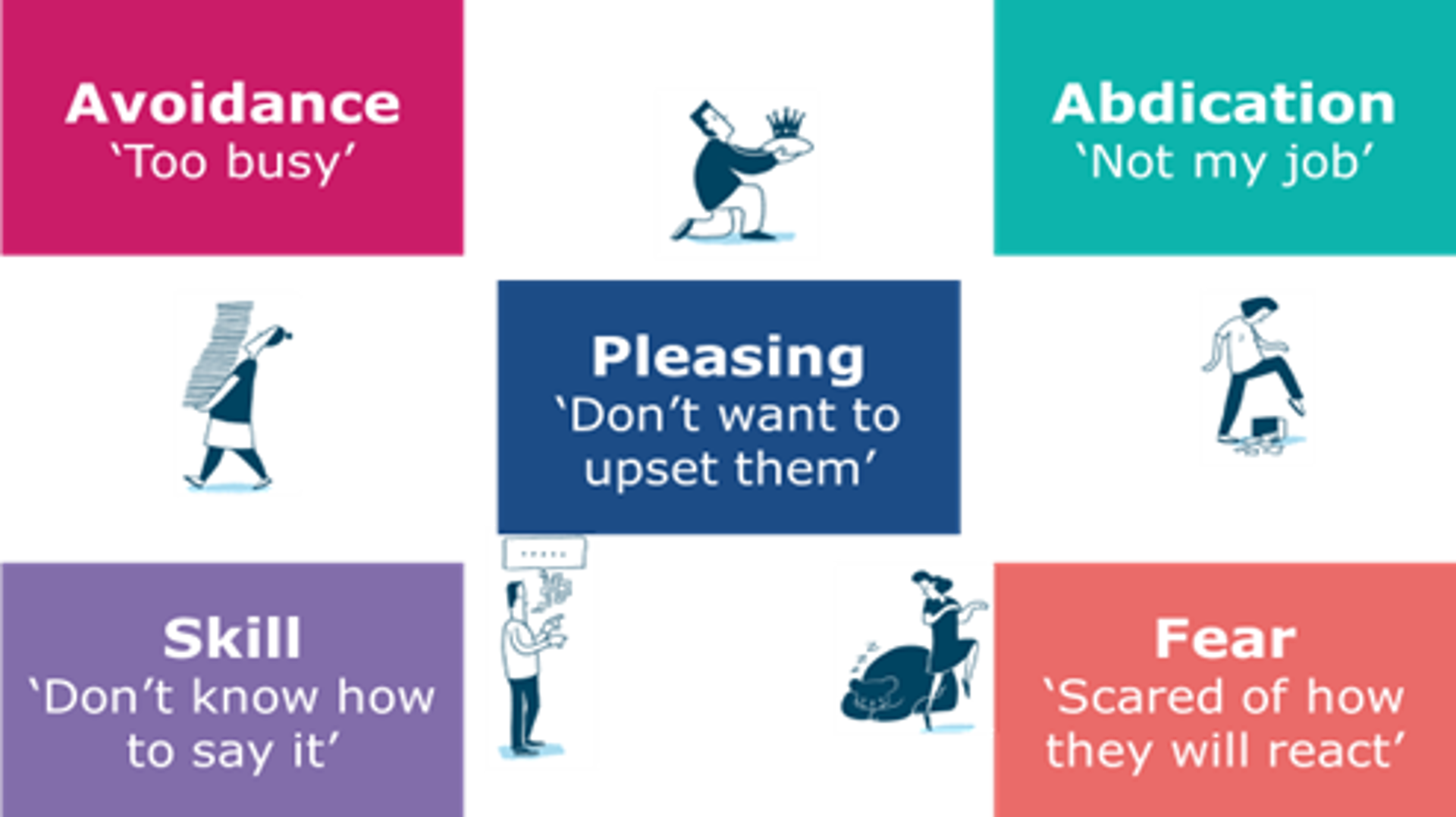Performance Feedback

Published: 19/07/2024
The heart of being a good leader in every industry including the homecare sector, and ultimately to deliver results, is the ability to establish trusting relationships with people who work with you. The foundation of high performing teams is ‘Trust’, then we can have robust dialogue, build commitment, hold people accountable and produce the desired results.
Trust is developed through credibility (what I say), reliability (what I do), and intimacy (building the human connection). This Value, ‘Trust’, is critical in our sector where our Carers deliver high quality care to Clients (often the elderly) in their own homes, consistently. We also know that trust is undermined by self-orientation, if it is all about me, and not you or the team, then building trust is difficult.
“Radical Candor” (Kim Scott 2017) builds trust and opens the door for the kind of communication that helps you and us (Care in Exeter & Exmouth) achieve results. It’s what happens when you care personally and challenge directly; caring personally means that our Caregivers care for the whole person.
From a leadership perspective, ‘radical candor’ starts with asking for feedback, setting the example and showing vulnerability as a leader. Feedback should always lead to some kind of action.
The Gallup research indicates the criticality of developing a feedback culture:
- 65% of employees said they wanted more feedback
- 15% lower staff turnover in companies that implement regular feedback
- 40% of employees actively disengaged when they receive little or no feedback
The process we normally encourage is to ask for feedback, then focus on sharing motivational feedback (‘what went well’) and finally giving developmental feedback (‘what could be better’). This process supports the development of a culture of trust and a culture of conversations around performance, a culture of no surprises at performance review or appraisal time- because we talk about what went well and what could be better daily, weekly and monthly. Harmony is good but too much harmony may become the enemy of the truth (“Execution” by Larry Bossidy and Ram Charan 2002), so that is why we encourage robust dialogue and feedback, which builds commitment, holds people accountable and achieves the desired results.
Behind the way we behave as leaders, the giving and receiving of feedback, is our mindset. Mindset leads to behaviour and behaviour leads to performance. Mindset is a choice and is under our control. The Arbinger Institute (2016) talks about an ‘outward’ and an ‘inward’ mindset.
The outward mindset means creating space to encourage others and teamwork, space that is open and safe. The opposite, the inward mindset, focuses on self-performance and individualism with me at the center of everything.
Therefore, shifting to an outward mindset requires that we start to think about others and create an environment where communication flows freely, a performance feedback culture- as evidenced in our work in the care sector in Exeter. A culture, we know, that also impacts financial performance directly ‘a performance feedback culture (PFC) has strong effects on organizational financial success in addition to other positive consequences. …companies in the top third on our measure of PFC compared to those in the bottom third doubled net profit margin, return on investment, return on assets, and return on equity’ (“Performance Feedback Culture Drives Business Impact © 2018”, Center for Effective Organizations)
To build this performance culture of giving and receiving regular feedback we recognize that those around us are people who matter as much as we do, and whose needs, objectives, and challenges are as worthy of consideration as our own. Together we are stronger! And, through this understanding, we will overcome the typical barriers to feedback, such as:
‘I see you; I hear you, and then only do I speak’. And when I speak, I choose my words carefully because I care about you personally- as our Carers do in their important work. If I care personally then we will be able to challenge one another and learn and develop as individuals, teams and organizations- to perform and win.
All the very best!


